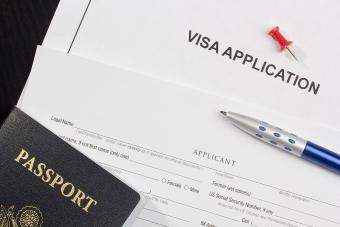Visa Policy
Visa Policy
Recent Activity
Commentaries
June 2017
Legal analysis of the Supreme Court’s opinion allowing aspects of a controversial Trump administration executive order to take effect has largely focused on the travel ban on certain nationals from six predominantly Muslim countries. Less noticed was the justices' views with regards to the temporary suspension of the refugee resettlement program. This commentary explores the ruling's possible consequences on refugees.










The RAISE Act: Dramatic Change to Family Immigration, Less So for the Employment-Based System